Lethe – Episode One (Video Game)
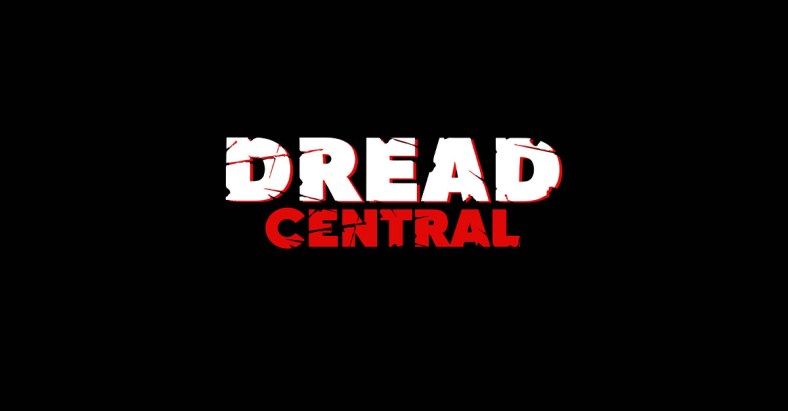 Developed by Koukou Studios
Developed by Koukou Studios
Published by Faber Interactive
Available on PC through Steam
Suitable for ages 17+
“Oh joy, another horror game where I run away from the scary thing. I can’t wait to see the color of the cabinets I hide in or the visual distortions when the monster gets close!” Sweet Christ am I fucking tired of these games. I have crouch walked through every deserted town, spooky mansion, cursed castle, randomly generated park, haunted house, abandoned asylum, serial killer hunting grounds, child’s dreams, psychedelic dreamscape, recreated memory, and run-down hospital that man has yet saw fit render into video game form. When did we all decide that hiding from monsters was more entertaining than killing them?
I understand why so many of these games exist. Making a game costs money, and making new mechanics takes development time. If the only mechanic you need is sneaking around, the production cost drops dramatically. Not only do you only have to model a handful of monsters, but you only have to design AI that responds to sounds, moves towards it, then goes back to its normal path. Powerlessness is also an effective tension builder, making the style fit naturally into the horror genre. It’s not that I don’t think it can be done well. Games like Outlast and Amnesia: The Dark Descent prove that. I just wish there were more of the good ones and less of the shitters.
On the scale of SOMA to All is Dust, Lethe – Episode One sits firmly on the side of good. This is high praise considering how absolutely loath I am to play one of these titles. It isn’t a perfect game, but at time I found echoes of what I loved about Amnesia when I first played it many years ago. It effectively uses its scares, and builds on the mechanics just enough to make it unique.
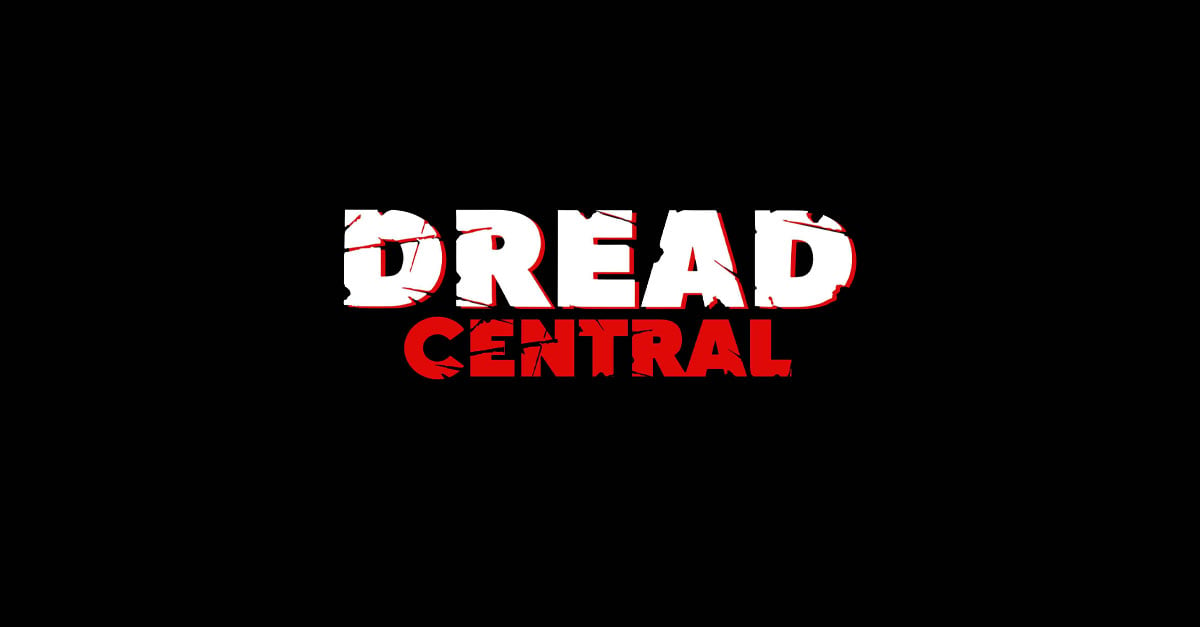
Legit spooky
The premise is simple enough. You play as Robert Dawn, a journalist with nothing to lose that is seeking the truth of his origins. Not that any of that really comes into play. Your name, previous occupation, circumstance, and life do not matter, save for the single fact that you have some kind of connection to this island. The game is only 2 hours long, so I won’t get into any spoilers. A lot of the detail doesn’t come into play, but the basic premise is well paid off.
Waking up on the shore of an unknown island, you quickly find it to be completely abandoned. There is no sign of life in the various houses and shacks, save for the notes left behind alluding to some kind of terrible event. It’s a familiar premise, but well enough executed to remain interesting. As the game goes on, you’ll descend into a level of darkness and insanity that leads right to the gates of hell. For such a short title, the tonal pace is well handled. It would have been super easy to make this feel too fast, but it does a good job of introducing you to what’s to come just enough ahead of when you see it to not feel jarring.
Aside from short snippets during the loading screen for each zone, all of the story is told through a series of collectable notes and visual clues. You will not know what is going on just by running through. Not to worry though, as there is a counter at the bottom left of your screen displaying how many note you have left to find. The level design is such that you should rarely miss anything, and once you figure out the puzzles running through a zone to find what you missed is simple. It doesn’t explain everything, but enough to feel satisfied in the ending and hungry for more.
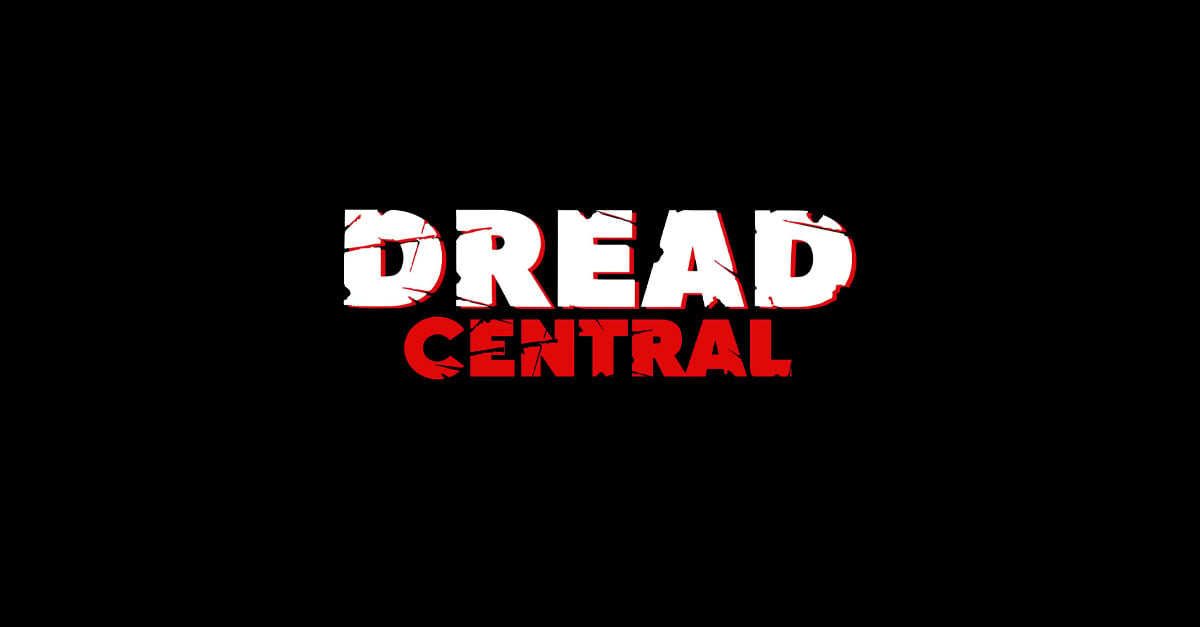
The descent into madness is well done, building in stages until you get to full blow crazy.
For all that the narrative intrigued me, it was the game’s design that really impressed me. I was immediately pleased to find that I move at a decent pace. This might seem a minor detail, but overly constrained movement is one of the things that commonly wrecks these games. Actually exploring the world is easy, removing a lot of the frustration that commonly comes with similar titles. You sprint fast, recover quickly, and easily jump over obstacles without trouble. For a genre where you usually crawl around like a one legged baby with a thorn in his foot, it’s very welcome.
There also isn’t much dead space to get lost in. Levels feel real, but are definitely built to direct you in a specific direction. When I said before that you shouldn’t miss anything, that’s due entirely to level design that doesn’t demand you run down random hallways just for a collectible. There’s an element of exploration, but you won’t frequently be totally fucked out of some story just because you decided to go left instead of right. In all of the game, there was only a single time I missed something due to going the wrong direction. Even in that example, I was given plenty of opportunity to turn around. As someone who hates missing things, it was nice to for once feel like missing it was actually my fault.
Most importantly, Koukou studios doesn’t overuse their monsters. So many titles are so afraid of being dull that they shove their monster in to the point of exhaustion. At a certain point, running and hiding stops being scary and becomes a chore. Lethe has the maturity to hold back. Over the game’s 8 levels, there are maybe half a dozen times you run into a monster. It shows discipline uncommon in the indie community, allowing their monsters to stay scary and effective until the end.
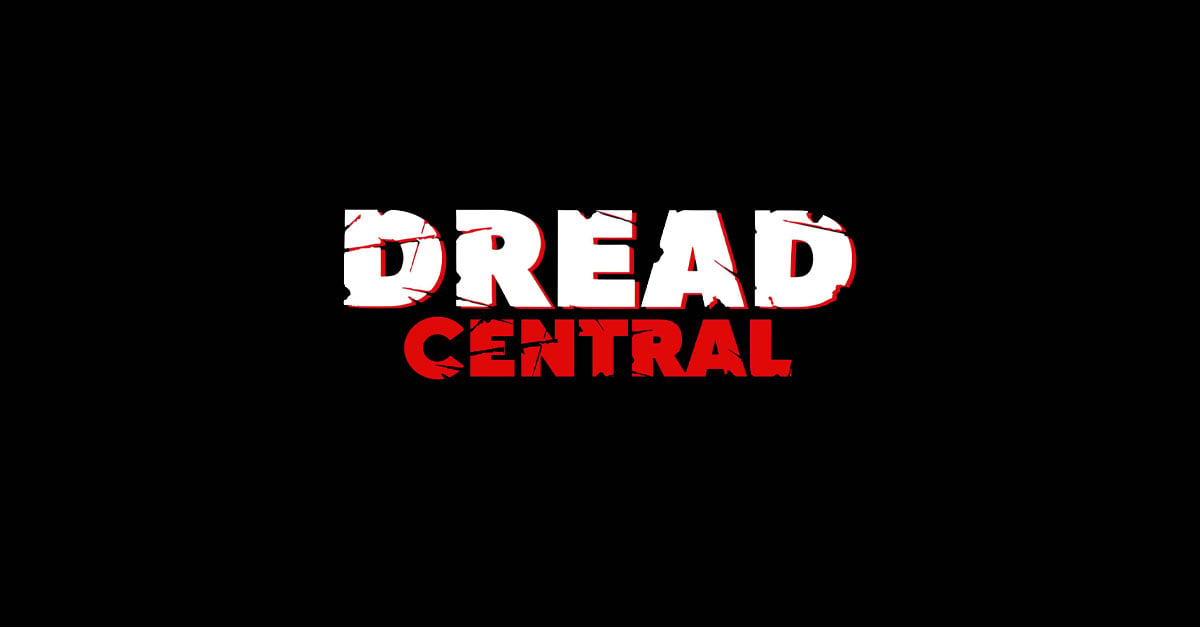
And when your monster looks like a 1900’s gimp, the less you see it the better.
It’s not all sunshine and rainbows with Lethe. The big mechanic that is supposed to set it apart falls flat. Around the 1/3 mark, you are given the power of telepathy. You can lift, pull, and push objects in the service of all kinds of puzzle solving! And by “all kinds of puzzle solving,” I mean lifting stuff over fences a few times. You’ll use your powers to pull unreachable levers, and a couple times where you need to pull some objects to uncover a new path. There a is only a single time I can recall you needing to throw an object to break something.
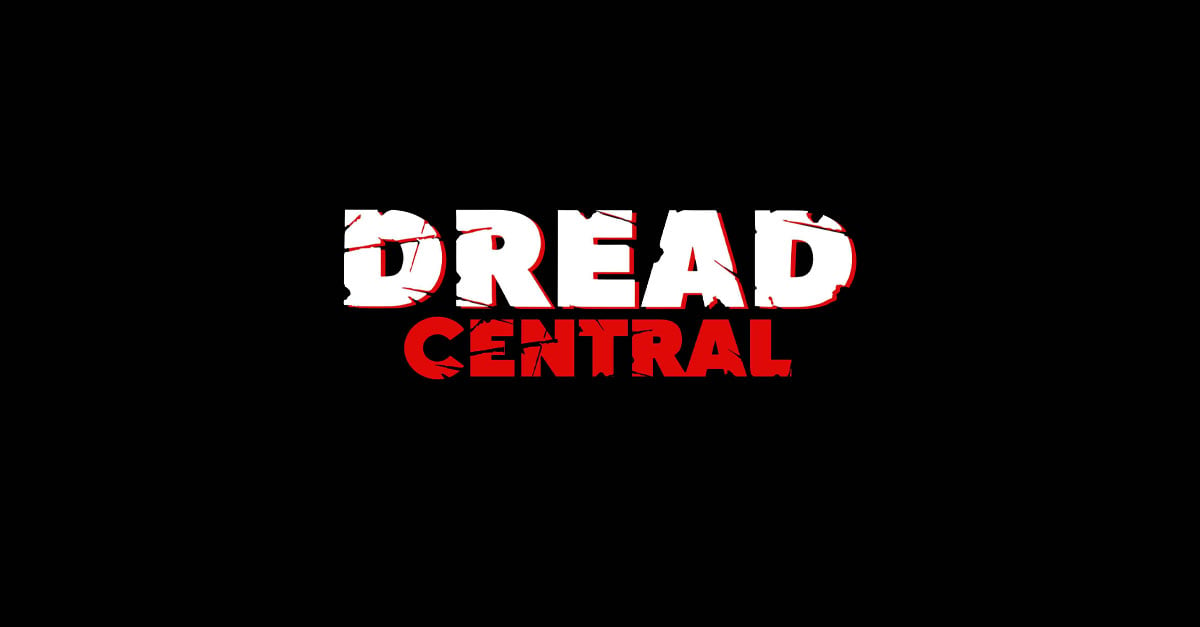
“Puzzle Solving”
You know what other game had you pushing, pulling, and carrying things? Half-Life 2. It also had balance puzzles, clever exploration, and complete combat integration. Twelve years ago. Half-Life 2 is a great game, but it shouldn’t be so hard to live up to the basic standards of a game that came out over a decade ago.
There are also some pretty shitty checkpoints in the game. You save at the start of a level, then again at a radio somewhere in the level. Dying during one of the chases only to have to redo the jumping and stacking puzzle before it is killer. My single break in gameplay came from when I had to run back through a series of doors again for the fifth time after dying. It was unnecessarily cumbersome, and could have been solved with a better autosave system.
Other than that, I don’t have any criticism for Lethe – Episode One. Despite the flaws, the solid design easily sells it. In an indie horror market so far past the point of saturated that you really feel like someone should have made an ark by now, it’s a patch of land on the horizon. It promises more to come, but as a stand alone title Lethe: Episode 1 works fine. It’s short, sweet, pretty, and well designed. If you’re a fan of this kind of game, you’re sure to love it. If you aren’t it might give you a reason to reconsider.
-
Lethe - Episode One
Categorized: Horror Gaming Reviews
